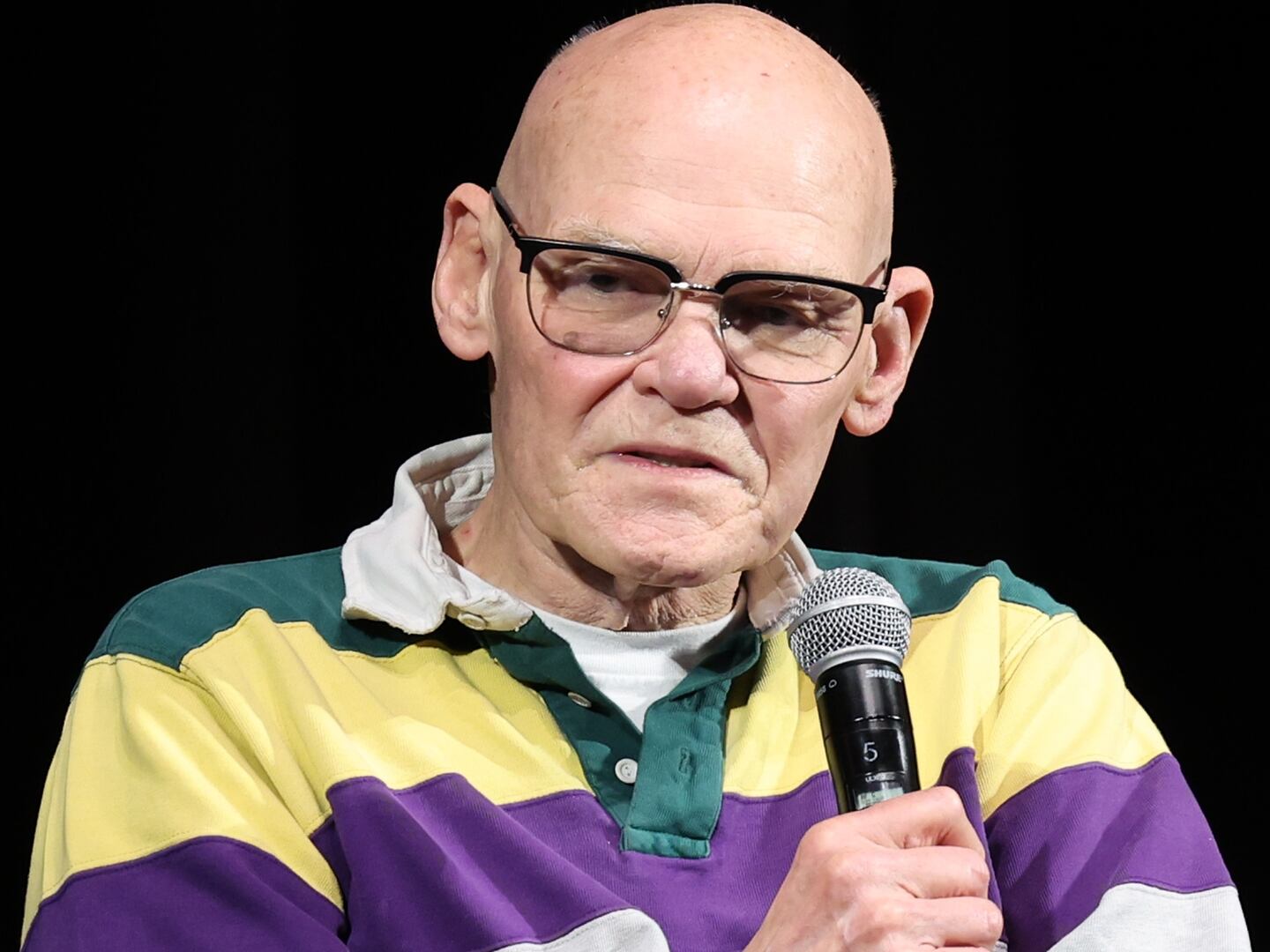Politics
Photo Illustration by The Daily Beast
Congress Quietly Abandons Its Help for Diabetic Kids
STALLED
The Special Diabetes Program funds critical research. It also costs relatively little. Somehow, it’s managed to go unfunded for three months.






